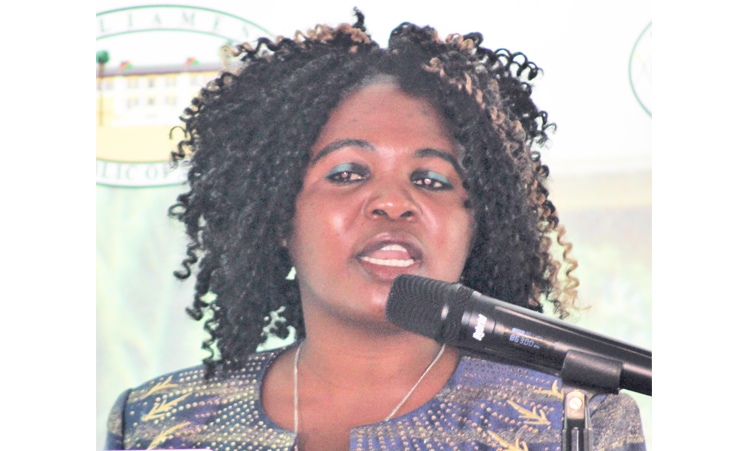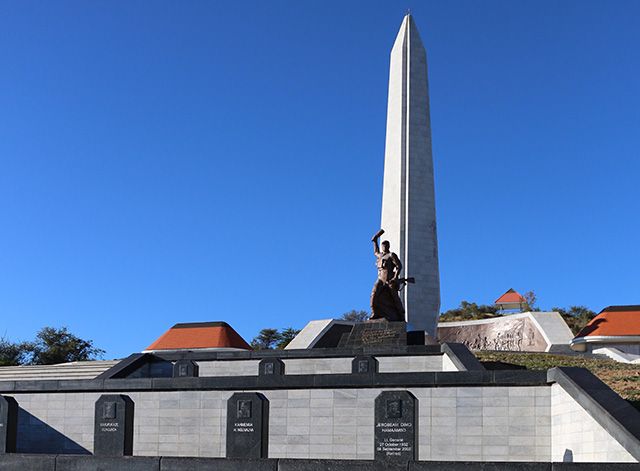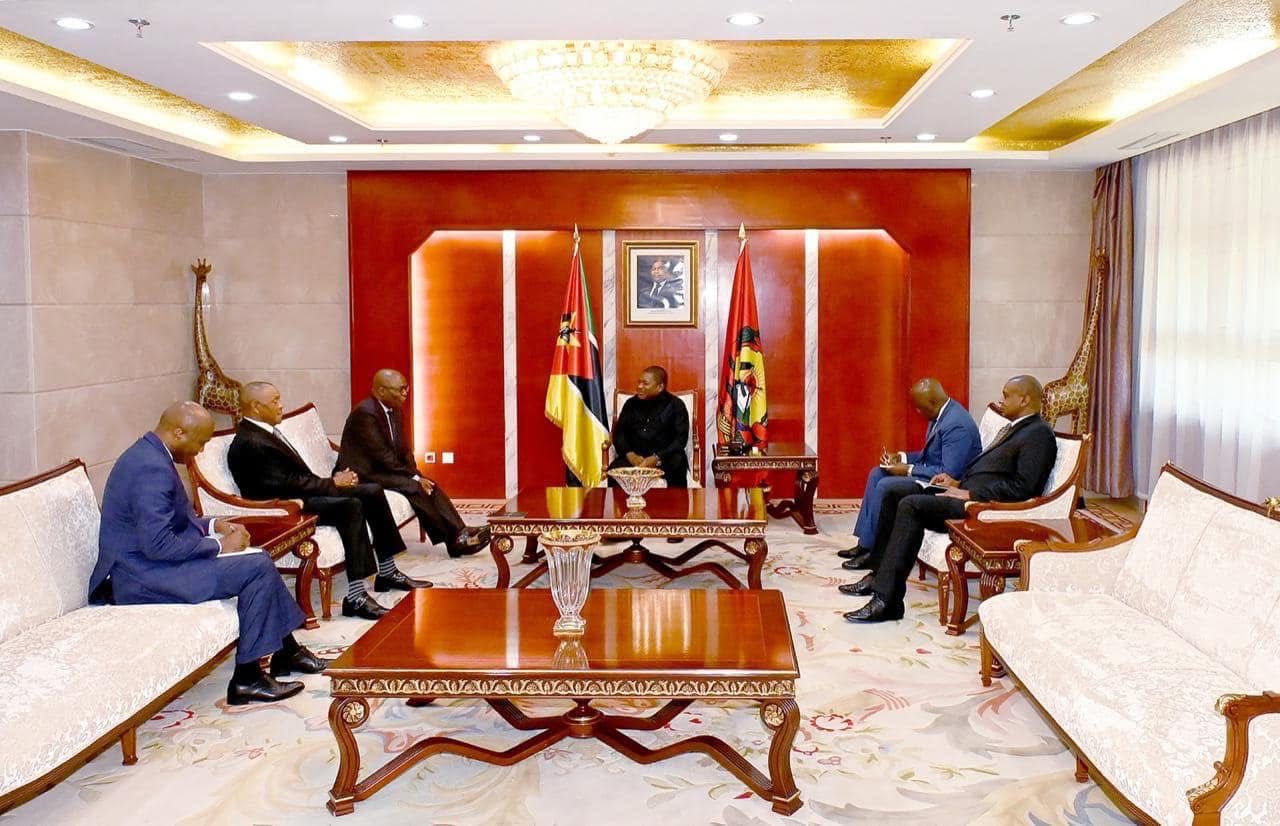The Emerging Mining Association of Namibia’s chairperson, Thekla Mutero, raised serious concerns about the struggles of the country’s small-scale miners at a parliamentary oversight workshop at Swakopmund on Monday.
She accused government officials of failing to provide enough support for the mining and energy sector, asserting that systemic issues are stifling growth in the industry.
“There is a lack of funds to implement . . . mineral detector machines. I want my people to see what big miners are using,” Mutero said.
She took on the country’s centralised licensing system.
“Mining rights licences are not decentralised, contributing to a high failure rate. People in regions such as Zambezi have to travel over 1 000 kilometres just to apply for a prospecting licence,” she said.
She further criticised the Ministry of Mines and Energy for failing to offer local miners adequate support and information.
Mutero said the ministry presents itself well on significant platforms but fails to enable Namibian miners to promote investment.
She pointed out the problems associated with the transportation of mined minerals due to licensing restrictions.
“Mining rights licence permits are hindering the transportation of minerals. You mine your mineral with hard work, now you have to take it from point to point. There’s no profit,” she said.
Mutero stressed the need for enhanced health and safety measures for miners and decried the absence of mobile clinics and health support systems in mining areas.
She called for robust legal protections for small-scale miners, who often endure misuse and mistreatment, indicating a severe lack of legal rights protection in the mining sector.
Mutero also highlighted miners’ struggles to market their products, emphasising the need for beneficiation or adding value to raw materials within Namibia.
“We are suffering a lack of market . . . we have to market [sic] for ourselves,” she said.
Mutero criticised the lengthy process involved in obtaining environmental clearance certificates, noting the delays it causes in mining operations, and expressed concern over perceived favouritism towards foreign miners in granting mining licences and rights.
Lydia Mubita of the National Planning Commission (NPC) presented a study revealing the impact of mining on Namibia’s socio-economy and environment.
The study, concluded in 2021, detailed a myriad challenges, including health risks and potential economic disparities, offering recommendations for more sustainable mining practices.
“We went from town to town determining to what extent the mining sector is having a positive or a negative impact on our economy,” Mubita said.
The study found an alarming 27,8% of community respondents reporting negative health impacts, including exposure to dust, unsafe working conditions and concerns about radiation exposure.
Among the economic challenges identified were the high cost of utilities and skilled labour, as well as issues with competition for resources.
However, the NPC offered numerous suggestions to counter these challenges, including a detailed mining rehabilitation policy, outsourcing issues, and ensuring compliance with Namibian labour laws.
Mubita suggested commissioning an industrial audit to validate production and expense data independently.
Furthermore, to diversify the economy and reinvest mining revenue in local communities, the NPC recommended allocating part of the revenue generated from the mining sector to specific activities in the regions where mining activities take place.
Stay informed with The Namibian – your source for credible journalism. Get in-depth reporting and opinions for
only N$85 a month. Invest in journalism, invest in democracy –
Subscribe Now!







